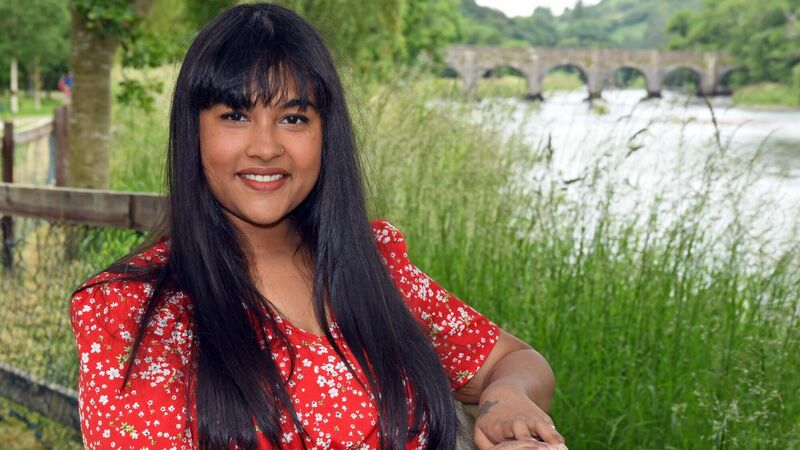Mo Laethanta Saoire: Disha Bose on when her Indian parents visited her in Ireland

'They had visited me in London when I lived there, but nothing could have prepared them for an Irish summer.' Picture: Denis Minihane.
“Pack for winter.” I’d warned my parents when we last spoke.
They had visited me in London when I lived there, but nothing could have prepared them for an Irish summer.







